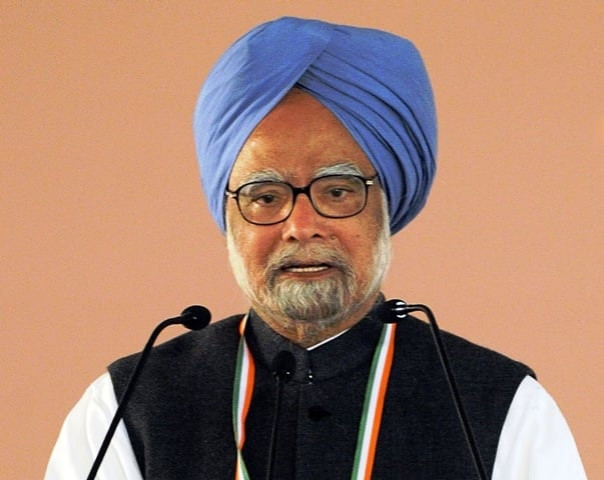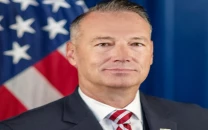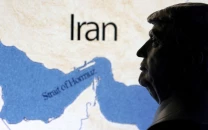Inflation serious threat to India's growth: Singh
Indian Prime Minister says lasting solution to inflation lies in farm output.

Singh added that farm supply chains needed to be boosted with organised retail chains, a statement seen pushing for the entry of modern supermarkets despite strong political opposition for foreign-owned multibrand retail from within his Congress party.
His statement may underline shifting opinion within his government that for years has prioritised growth over inflation worries, despite criticism from some analysts that the government was doing too little, too late to rein in prices.
Headline inflation for December accelerated to above 8.4 per cent on the back of high food inflation, which reached a one year high of 18.3 per cent in end December. Some officials have said India may have to live with higher inflation.
"Inflation poses a serious threat to the growth momentum.... Whatever be the cause, the fact remains that inflation is something which needs to be tackled with great urgency," Singh told a conference in Delhi.
The government has been confident the economy would grow over 8.5 percent in the current fiscal that ends in March, buoyed by the near 9 percent growth in the first half of the fiscal year.
However, high food inflation and the risk of fuel inflation make it unlikely that the government projections on growth will materialise, according to many analysts.
The prime minister also said in his speech that states should waive local taxes on essential commodities.
"The public distribution system needs to be strengthened," Singh said.
Singh said a lasting solution to tackling high food inflation lay in improving farm productivity, though the federal government has itself not paid much attention to increase spending on improving farm productivity and reform agriculture marketing.
Analysts have said that the current bout of food inflation is driven by shortages of vegetables like onions and potatoes and there can be no overnight solution.
The Indian central bank, which has raised seven times since March to tackle high headline inflation, has been left to deal with the knock on effects of high food inflation.
The central bank, the Reserve Bank of India (RBI) has increased its end March inflation forecast to 7 percent from the earlier 5.5 percent.
A Deputy Governor of the RBI had said earlier that monetary policy is largely ineffective in tackling food inflation which stems from supply shortages.
Globally, the risk from higher food prices has been highlighted in a report by the Food and Agriculture Organisation (FAO), an UN agency, which said that food prices hit a record high in January, a problem set to worsen after a massive snowstorm in the United States and floods in Australia.



















COMMENTS
Comments are moderated and generally will be posted if they are on-topic and not abusive.
For more information, please see our Comments FAQ